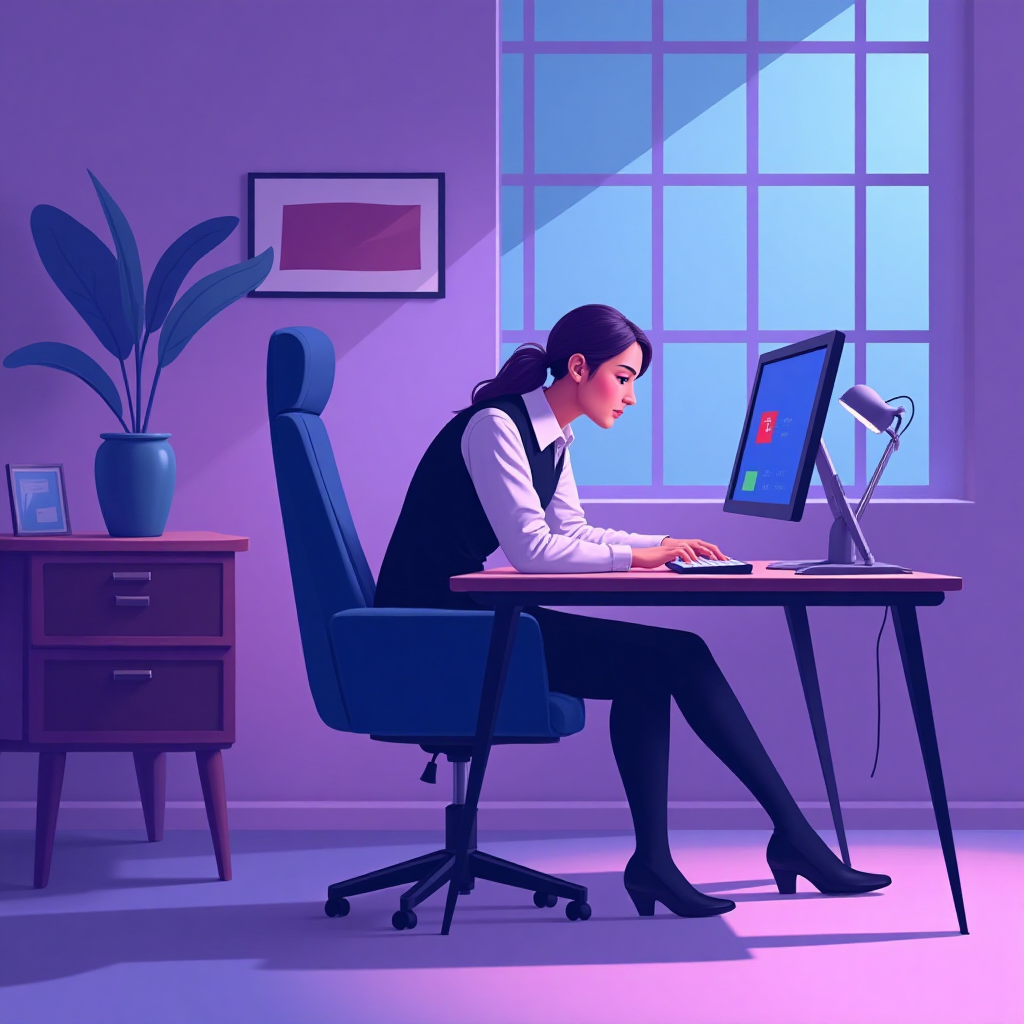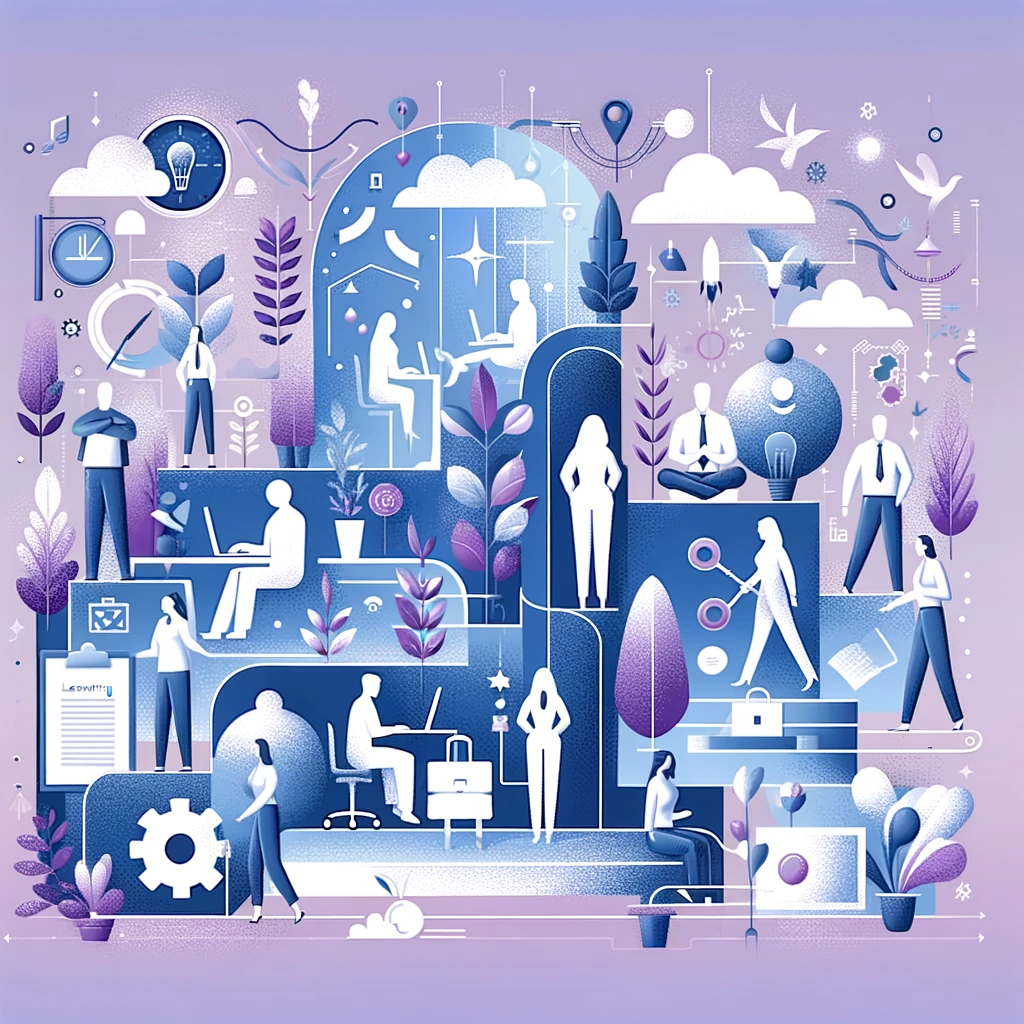Reclaim Focus: End the Mental Drain from Distractions
In our hyperconnected world, the constant barrage of notifications has become the background noise of our daily lives. From the gentle ping of a new email to the buzz of a social media alert, these micro-interruptions might seem trivial. However, their cumulative effect is profound, silently eroding our focus, productivity, and mental well-being.
The Hidden Toll of Micro-Interruptions
Each notification, no matter how minor, disrupts our cognitive flow. Research indicates that it can take over 20 minutes to regain full concentration after an interruption. This constant shifting not only hampers productivity but also increases stress levels. In fact, interruptions consume approximately 28% of the average workday, costing companies more than $650 billion annually .
Beyond the workplace, these disruptions seep into our personal lives. A study titled “Productive, Anxious, Lonely – 24 Hours Without Push Notifications” found that participants who disabled notifications for a day felt more productive yet also experienced increased anxiety and a sense of social disconnection .
The Psychological Impact
The incessant influx of information keeps our brains in a heightened state of alertness, preventing deep, restorative focus. This constant vigilance can lead to mental fatigue, burnout, and decreased job satisfaction. Gallup’s research highlights that employees experiencing frequent interruptions report higher stress levels and lower engagement .
Strategies for Reclaiming Focus
Scheduled Focus Time: Allocate specific periods during the day dedicated to uninterrupted work. Tools like Clockwise can help by automatically blocking out focus time in your calendar .
Notification Management: Customize your device settings to limit non-essential notifications. Prioritize alerts that are truly urgent and mute the rest.
Mindful Communication: Encourage a culture where immediate responses aren’t expected. This reduces the pressure to constantly check devices and allows for deeper work.
Digital Detox Periods: Designate times, especially during evenings or weekends, to disconnect from digital devices, allowing your mind to rest and rejuvenate.
Embracing Intentional Connectivity
It’s essential to recognize that while technology enhances our lives, unchecked connectivity can be detrimental. By setting boundaries and being intentional about our digital interactions, we can harness the benefits of technology without falling prey to its pitfalls.
“Almost everything will work again if you unplug it for a few minutes, including you.”
— Anne Lamott
In a world that never stops pinging, perhaps the most revolutionary act is to pause, reflect, and choose when to engage
References
https://www.shrm.org/topics-tools/news/technology/how-to-keep-technology-distracting-work
https://www.gallup.com/cliftonstrengths/en/312467/strengths-wellbeing-engagement-reduce-burnout.aspx
https://www.forbes.com/sites/lieketenbrummelhuis/2024/09/17/how-to-manage-productivity-despite-pesky-interruptions-at-work/
https://arxiv.org/abs/1612.02314








